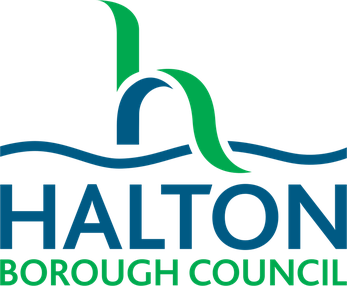In 2014, the UK Government’s Office for Low Emission Vehicles (OZEV) launched the £5 million Ultra Low Emissions Vehicle (ULEV) Readiness Programme, which facilitated the uptake of ULEVs.
Through the programme, 264 electric cars and vans were leased to 37 fleets. 60 per cent of the leased vehicles were pure electric, 37 per cent were plug-in hybrid electric vehicles (PHEVs) and 3 per cent were extended range electric vehicles (E-REVs).
To support this programme, Energy Saving Trust reviewed fleets to identify where ULEVs could be integrated practically and cost-effectively, based on the fleet’s operational requirements, mileages, vehicle replacement cycles and whole life costs (WLC). We recommended suitable vehicles, provided on-going support and conducted reviews for each organisation to monitor the performance of their ULEVs throughout the programme.
Halton Borough Council: impact of the ULEV Readiness Programme
Leased ULEVs
Following a fleet review carried out by Energy Saving Trust, Halton Borough Council acquired two electric vehicles (EVs) on a two-year subsidised lease, and installed two 7kW smart chargers at one of its depots.
One of the EVs has been adapted for wheelchair accessibility to meet the travel demands of residents with special mobility needs, making it one of the first local authorities to do so. The conversion of their five-seater Nissan E-NV200 Combi was undertaken by Brotherwood Automobility Ltd.
The second leased EV is used by a courier providing delivery services across the borough. The fleet review identified that a Peugeot Partner electric vehicle would cost the same as the existing diesel vans on a WLC basis, without funding, but would produce significantly fewer carbon dioxide emissions.
Performance
Energy Saving Trust monitored the performance of the leased vehicles over two years, conducting reviews at six, 12 and 24 months into the lease.
The costs analysed included non-subsidised vehicle lease costs, fuel costs, service, maintenance and repair and vehicle excise duty. The funding provided by the ULEV Readiness Programme was not factored in. While the vehicles would have been cost-effective without the funding, the aim of the programme was to address the anxieties around the range and cost of EVs.
Drivers’ feedback
The Nissan e-NV200 was very well-suited to the council’s purpose and fully met the operational requirements. Drivers were impressed by its spaciousness and reliability. Dave Sefton, a regular driver of the van, commented that “our electric vehicle is wonderfully quiet and a pleasure to drive”.
Conclusion
The electric vehicles have been a great success for the council. At the end of the two-year funding period, the council decided to keep both vehicles for a further two years. Supported by the ULEV Readiness Programme, Halton Borough Council has now been cost-effectively running two electric vehicles for three years, including one converted for wheelchair accessibility. Given the performance of the ULEVs, their increasingly competitive WLCs and the growing proportion of UK electricity generated by renewables, the business and environmental case for adopting EVs is compelling.
